Köpfe und Ideen 2014
The spectrum of projects every year is great. Equally great are the expectations that a Fellow often has of his or her own creative power during a fellowship. And many are seized by stage fright before their own Tuesday Colloquium, that event where a Fellow lays out his or her work in progress to their Co-Fellows, for the images they present of both themselves
and their work are discussed not only during the colloquium but long after.
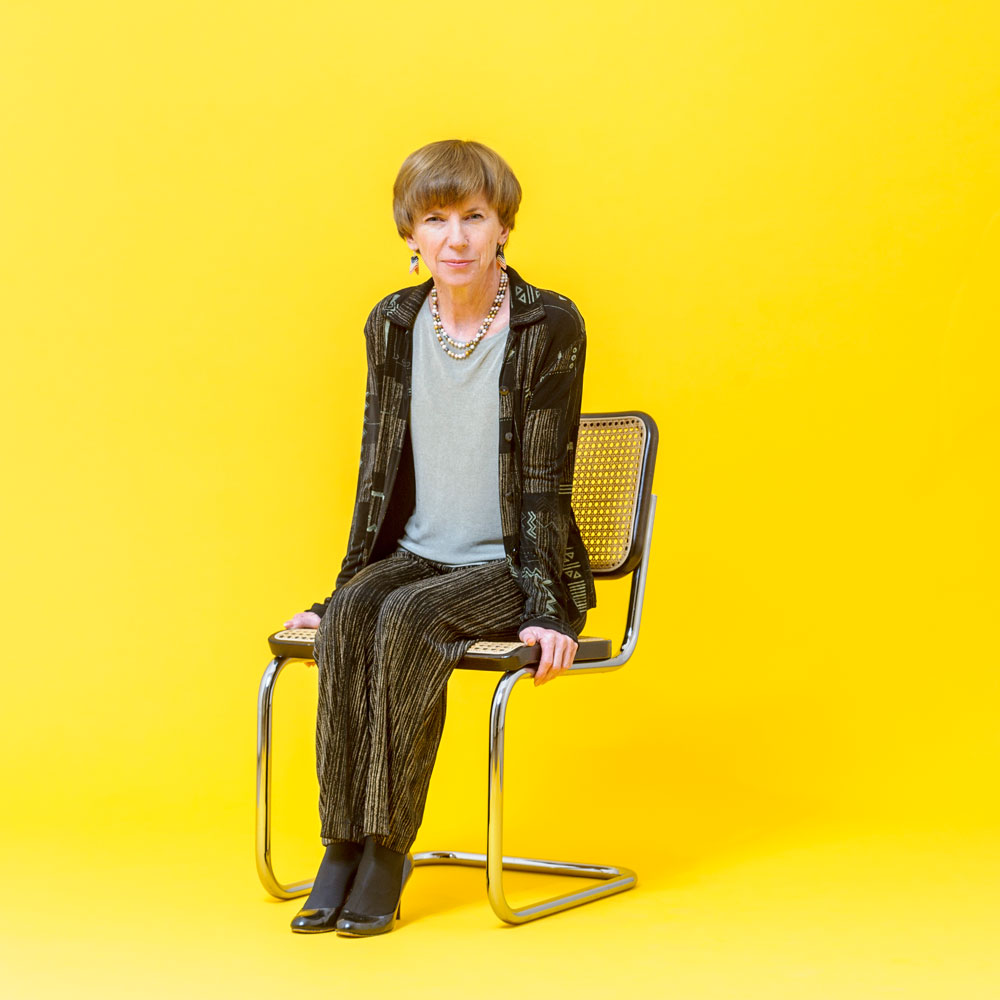
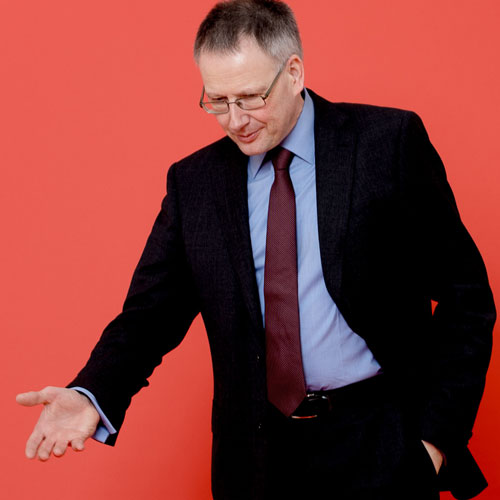
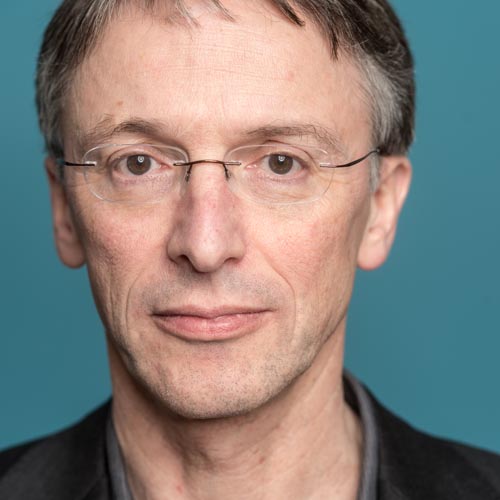
The Art of Condensation - Yuri Slezkine
a portrait of Yuri Slezkine by Gerd Koenen
April 2014
Read Article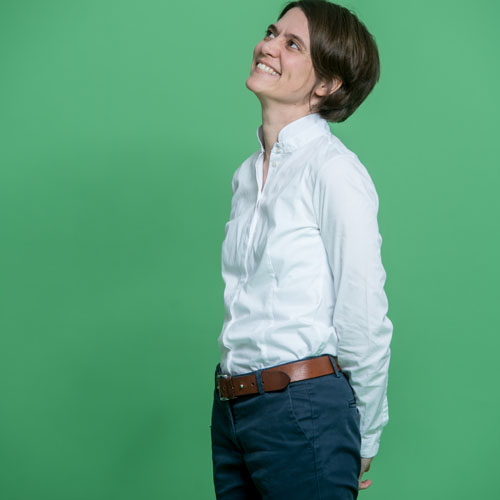
The Chicken Egg is a Problem! Or: How Formlessness Creates Forms
Janina Wellmann in an interview with Katharina Teutsch
March 2014
Read Article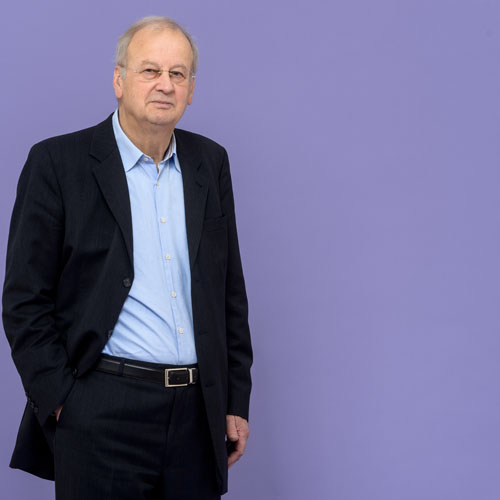
A Reasonable Level of Bourgeoisness. Wolf Lepenies, Europe, and the Mediterranean
a portrait of Wolf Lepenies by Gunter Hofmann
February 2014
Read Article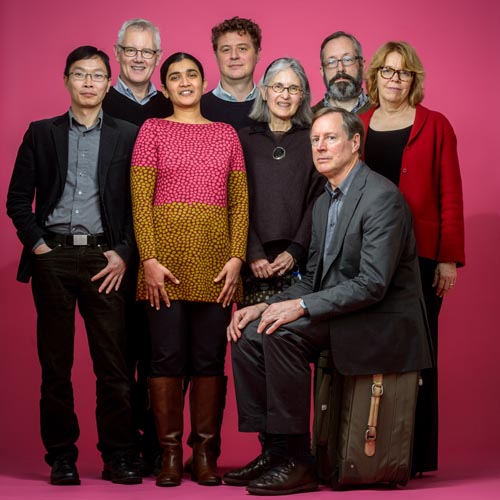
Save the Data
a portrait of Wendy Espeland, Jahnavi Phalkey, Theodore M. Porter, Lorraine J. Daston, Tong Lam, John Carson by Jürgen Kaube
January 2014
Read Article